Every socioeconomic divide in our society shows up in our health care systems, and worse, in our health outcomes. An example is COVID-19, which has disproportionately impacted communities of color and those living in rural areas. It is critically important that, as we work together to serve our state, we take on the responsibility of expanding access to care.
There are already many excellent initiatives across the health sciences. From operating mobile clinics to partnering with communities to provide local care, to expanding telehealth offerings, we are committed to providing services to better meet the needs of underserved Minnesotans. Some of the creative programs addressing this include:
- Ensuring experiential education for our learners that allows them to develop collaborative practice skills and experience a variety of practice settings—especially in rural communities.
- Creating and distributing COVID-19 vaccine information to residents of rural and Tribal communities to answer questions and counter misinformation.
- Forming unique collaborations to address farmers and aging in place.
- Making it possible for rural Minnesotans to participate in clinical trials.
- Collaborating on degree programs specifically designed to improve health care access.
- Providing preventative and primary care services to animals on Native American reservations.
- Offering mobile dental and health care.
As COVID restrictions ease and the number of those vaccinated steadily rises, what are some additional ways we can make sure no Minnesotan is without access to care?
Thank you,
Jakub Tolar, MD, PhD
Vice President for Clinical Affairs
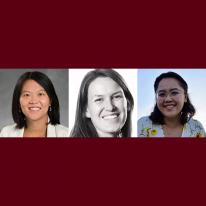
Interprofessional Education and Training NewsOACA Interprofessional Internship Highlight: National Center Project TeamAllison Au, BS, MHA, and Tara Dillon, MA, from the School of Nursing, and Julia Ngep, BASc, MPH ‘22, from the School of Public Health, are curating a resource collection and toolkit for the National Center of Interprofessional Practice & Education Resource Center focused on the intersection of patient, family, community, and caregiver centered care and health education. The team has engaged in a literature review and environmental scan, and are beginning to select specific resources for inclusion on the site and creating the web page components.
|
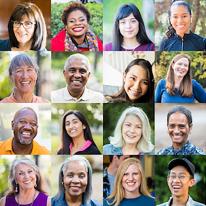
Clinical Research NewsMay 20 is Clinical Trials Day |
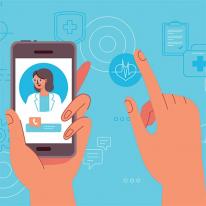
A new NIH clinical trial was awarded to an interdisciplinary team of University researchers for their study which is one of the first to use ecological momentary intervention tools to intervene with parental stress to improve the home food environment. This study has high potential to change clinical practice by creating a new model of childhood obesity treatment to be used in primary care settings with community health workers as interventionists and mobile health technology to intervene in real time on parental stress and the home food environment to reduce childhood obesity disparities. |

U-Wide Events and OpportunitiesMindful Communication at Work: An Approach for Creating More Inclusive and Engaged Teams
This webinar on May 20, led by Bakken Center Mindfulness and Wellbeing Instructor Mariann Johnson, will explore a method of mindful communication that supports meaningful connections and conversations. Practical tips and approaches to communicating more mindfully at work will be presented, including an introduction to a process and guidelines for holding more inclusive, engaged, and mindful meetings. |
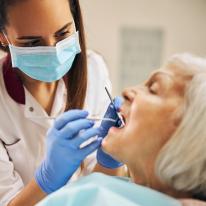
The Gerontological Society of America has released a toolkit and publication on COVID-19 and oral health care for older adults featuring expertise from Stephen Shuman, DDS, MS, professor and director of the Oral Health Services for Older Adults Program in the Department of Developmental and Surgical Sciences and dental faculty for the University of Minnesota’s HRSA-funded Minnesota Northstar Geriatric Workforce Enhancement Program. |
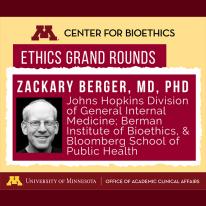
Join the Center for Bioethics on May 28 for an Ethics Grand Rounds event featuring Zackary Berger, MD, PhD. As with so many COVID-related phenomena, chronic illness is not new, and it sheds light not on discontinuities in U.S. health care but on the very chasms it is founded on. Thus to understand how Long Covid might be approached requires a thoroughgoing revision, re-envisioning, of U.S. health care. |
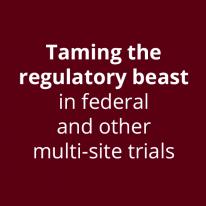
Join Clinical and Translational Science Institute for a seminar on June 2 featuring a panel discussion, presentations, and a Q&A session. This seminar is targeted toward research faculty who are preparing to conduct multi-site trials, but all are welcome to attend. |
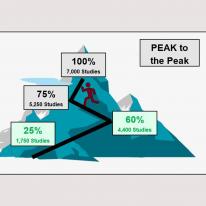
Today is the deadline for completing the Administrative Activity Study as part of the University’s Positioned for Excellence, Alignment, and Knowledge (PEAK) initiative. If you received an invitation to complete the study, please do so at your earliest convenience. The information you share in the study will provide a current snapshot of how effort is allocated across different functions and can help to:
|



